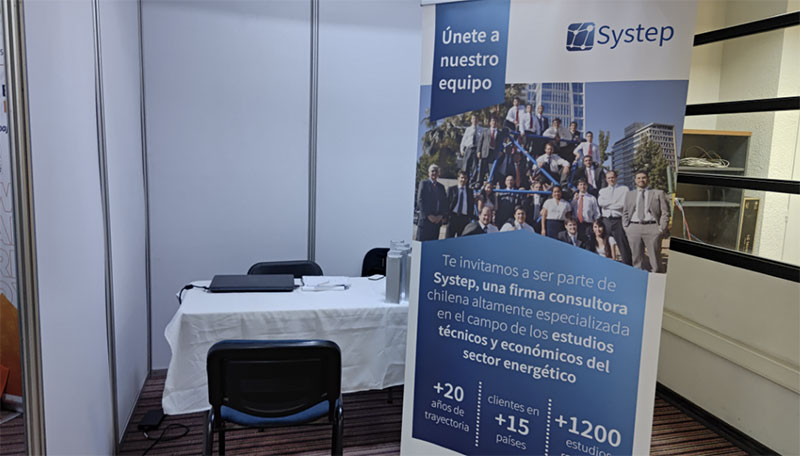
He says there will be high competition in the auction. Endesa, Colbún and Gener will have to lower their margins if they want to win contracts.
Rudnick: “In the electric bidding process we could see offers of US$ 50 MWh”.
Two months before the largest auction of electricity supply contracts for regulated customers in the last decade, the diagnosis of Hugh Rudnick, academic and electricity consultant, is clear: competition will be fierce.
Rudnick, who is speaking today at the “Summit on Trends and Best Practices in Occupational Health and Safety”, organized by Mutual de Seguridad, says that the irruption of Non-Conventional Renewable Energies (NCRE) has led to a drop in the prices of the latest tenders, which is very likely to be repeated in the next auction, where 20-year contracts for 12,750 GWh will be put on the market.
“There is a relevant change in the competition, EDF appeared with the El campesino power plant, Suez, which entered the SIC, and to this we add all the renewable technologies with remarkably low costs. This is going to be a very competitive tender, because regardless of the fact that most of the energy cannot be supplied by companies other than Endesa, Gener and Colbún in its greatest volume, it is ‘the’ opportunity for many to finance projects that they have in the pipeline”, says Rudnick.
The academic adds that this has been reflected in the prices of the latest tenders, which fell from an average of US$ 130 per MWh to US$ 80 per MWh, a phenomenon that will continue to deepen.
“It is very likely that the next tenders we will see price offers of US$ 70 per MWh, and that there will be others below, of US$ 60 per MWh or even US$ 50 per MWh,” he says.
The greatest pressure, says Rudnick, will be on the main electricity companies in the market, Endesa, Colbún and AES Gener, which will have to renew some 12,000 GWh in contracts that expire in the next few years, for which he estimates they will have to “sacrifice” business margins and offer lower prices to keep a portion of that energy.
“The current incumbents (Endesa, Gener and Colbún) were not very aggressive because they had their contract needs moderately satisfied to give stability to their income and cash flows. Now the situation is different, contracts are starting to end, and they have to aim at renewing them, to provide certain stability of cash flows. They cannot risk losing that market share with very high prices,” he adds.
The academic argues that in the case of natural gas, hydrocarbon prices are still not sufficiently competitive compared to coal and hydroelectricity, so it is likely that several of the combined cycle power plant projects announced by different companies will not be awarded contracts.



